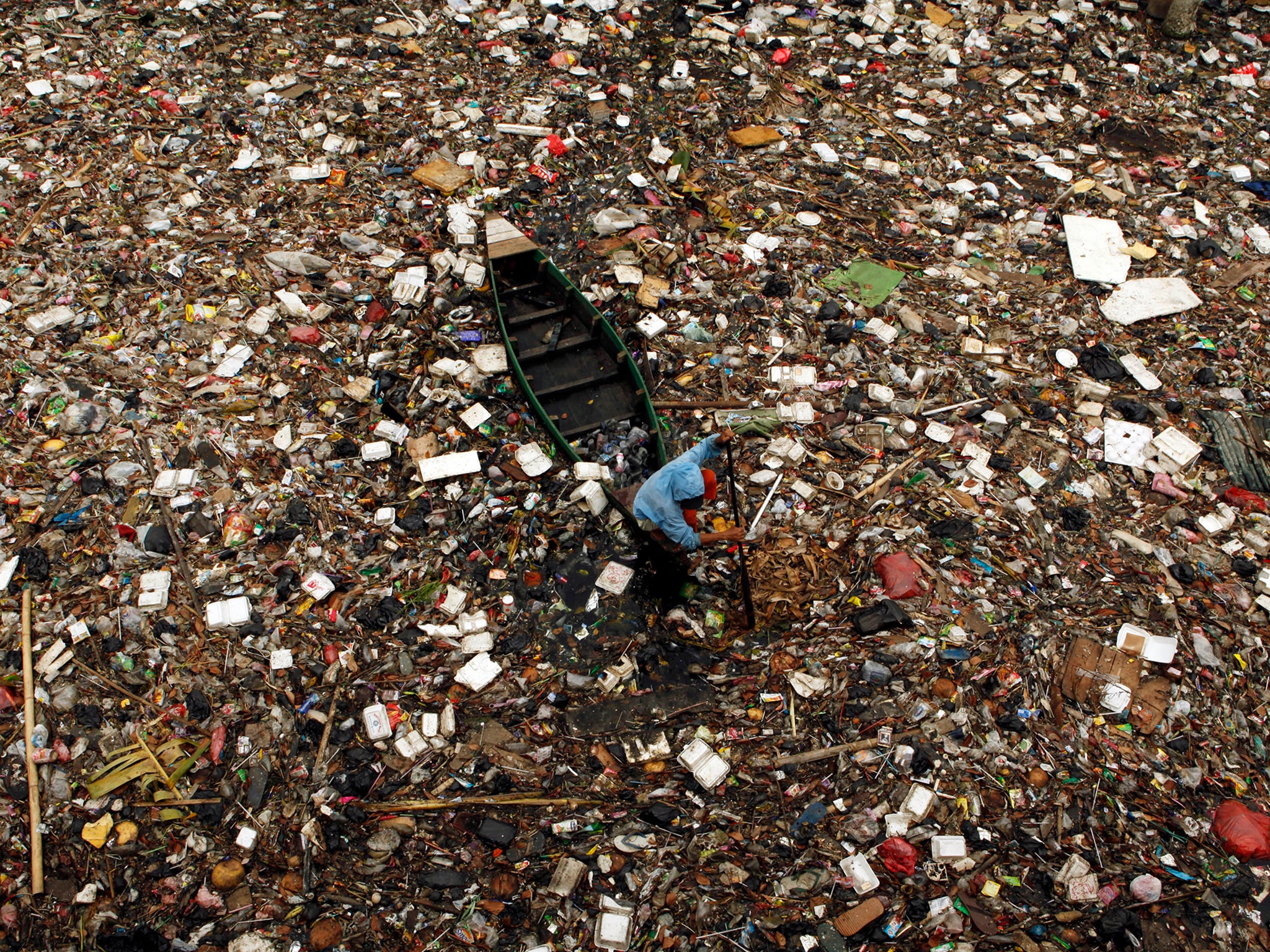UK's new plastic waste plan does not go far enough, say environmentalists
'There’s a huge price to pay for every day that goes by without progress,' says London Assembly member

Your support helps us to tell the story
From reproductive rights to climate change to Big Tech, The Independent is on the ground when the story is developing. Whether it's investigating the financials of Elon Musk's pro-Trump PAC or producing our latest documentary, 'The A Word', which shines a light on the American women fighting for reproductive rights, we know how important it is to parse out the facts from the messaging.
At such a critical moment in US history, we need reporters on the ground. Your donation allows us to keep sending journalists to speak to both sides of the story.
The Independent is trusted by Americans across the entire political spectrum. And unlike many other quality news outlets, we choose not to lock Americans out of our reporting and analysis with paywalls. We believe quality journalism should be available to everyone, paid for by those who can afford it.
Your support makes all the difference.New measures by Britain to turn the tide on plastic waste do not go far enough, environmentalists said on Friday.
Unveiling a new environmental agenda, Prime Minister Theresa May said on Thursday Britain would eradicate avoidable plastic waste in the next quarter-century.
The moves – including extending a 5p charge for a single-use plastic bag to all retailers and introducing packaging-free aisles in supermarkets – were welcomed by campaigners but also criticised for missing an opportunity to do more to protect the planet.
“What we need is serious action immediately. Whether it’s ocean plastics, air pollution or climate change, there’s a huge price to pay for every day that goes by without progress,” said Leonie Cooper on the environment committee of the London Assembly – a body elected to hold the mayor’s office to account.
At current rates, in 25 years’ time, British people would have used 192.5 billion plastic bottles, she said.
Two-thirds of all plastic packaging in Britain ends up being landfilled or burned, according to research by the Ellen MacArthur Foundation.
“There must be better recycling systems, which avoid confusion for citizens and have better economies of scale,” said the foundation’s Rob Opsomer.
Eight million tonnes of plastic – bottles, packaging and other waste – are dumped into the ocean every year, killing marine life and entering the human food chain, says the United Nations Environment Programme.
If current pollution rates continue, there will be more plastic in the sea than fish by 2050.
Environment groups said the most glaring omission in Ms May’s scheme was the lack of support for deposit return schemes that pay consumers to return plastic bottles after use and are common in many parts of the world including Denmark, Germany and Australia.
On this issue, Scotland has taken the lead.
“The Scottish Government has committed to a deposit return scheme covering plastic bottles, and now it is proposing a ban on the manufacture of plastic-stemmed cotton buds,” said Iain Gulland, chief executive of Zero Waste Scotland in an email.
May said she would look at plastic bottle deposits and would launch a call for evidence next month on whether to impose taxes or charges on single use plastics.
This week Britain banned the use of plastic microbeads, common in body scrubs and shower gels that end up in oceans.
The Environmental Audit Committee, a cross-party green watchdog, has also recommended a 25p “latte levy” to be charged on top of the price of a beverage to combat the overuse of plastic-lined disposable coffee cups.
Thomson Reuters Foundation
Join our commenting forum
Join thought-provoking conversations, follow other Independent readers and see their replies
Comments